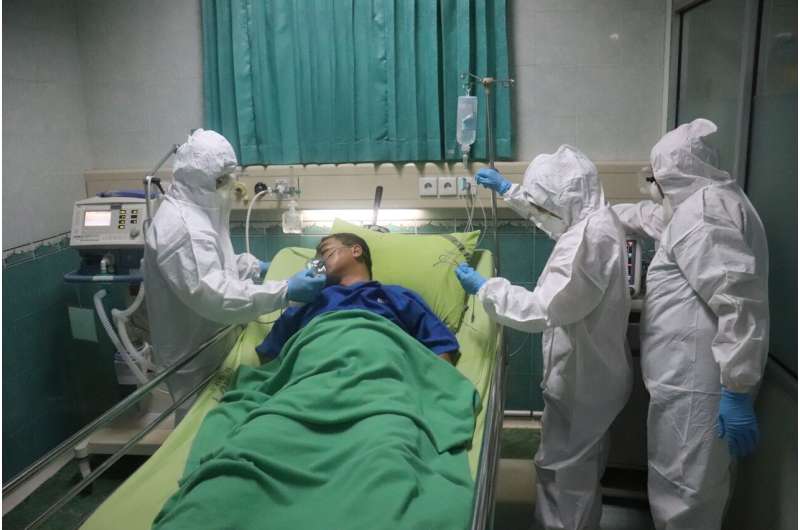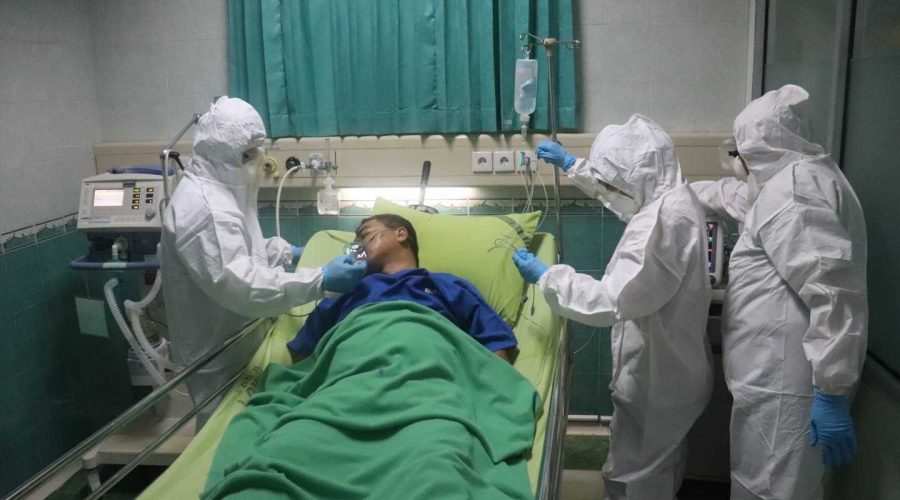EU project aims to improve first response in major emergencies

Major emergencies such as terrorist attacks and natural disasters have become more complex and larger in scale, challenging the ability of first responders to deal with the overwhelming numbers of casualties. As they battle to save lives and nurse the injured, paramedics, firefighters, police officers, and search and rescue teams often have to rely on complicated and outdated procedures and technologies that hinder their efforts.
To respond successfully to such emergencies, Europe therefore needs access to the most cutting-edge technology and up-to-date civil protection systems. Launched in 2021, the NIGHTINGALE project is developing tools and services to optimize current procedures and to increase the operational capacities of first responders in mass casualty incidents.
Now in its second year, the NIGHTINGALE project held its second roundtable and plenary meeting in Berlin, hosted by project partners European Society for Trauma and Emergency Surgery, Austria, and ASTRIAL, Germany. The meetings took place from 25-27 October 2022 at the German Congress of Orthopedics and Traumatology, DKOU 2022.
As reported in a press release posted on the project website, the NIGHTINGALE partners, its advisory board and external experts gathered to talk about support for “the technology development, share status updates and discuss next steps in the context of the upcoming testing and validation exercises.”
The toolkit
What precisely is the NIGHTINGALE technology? The project team is developing a novel integrated toolkit for emergency medical response in major emergencies. It aims to do this by increasing the efficiency with which victims are handled, while also enhancing responders’ awareness, collaboration and coordination.
A variety of tools and services are being developed. Triage and vital signs devices and mobile applications will help to identify victims and show the triage status of patients. Intelligent systems will enhance emergency teams’ situational awareness and operational capacities by providing rapid information about emergency scenes. Interoperability and data fusion services will enable early warning notifications and the communication of provisional recommendations to victims and the general public. Lastly, integrated systems that provide a common operational picture will make collaboration and advance coordination possible between different first response agencies.
“We are essentially creating an innovative set of technological tools for emergency medical response to upgrade modern pre-hospital life support and triage,” states Dr. Dimitra Dionysiou of NIGHTINGALE project coordinator Institute of Communication and Computer Systems (ICCS), Greece, in the press release. “The NIGHTINGALE toolkit will provide first responders with novel, affordable and customized medical response tools and services as part of their operational assets.”
Source: Read Full Article
